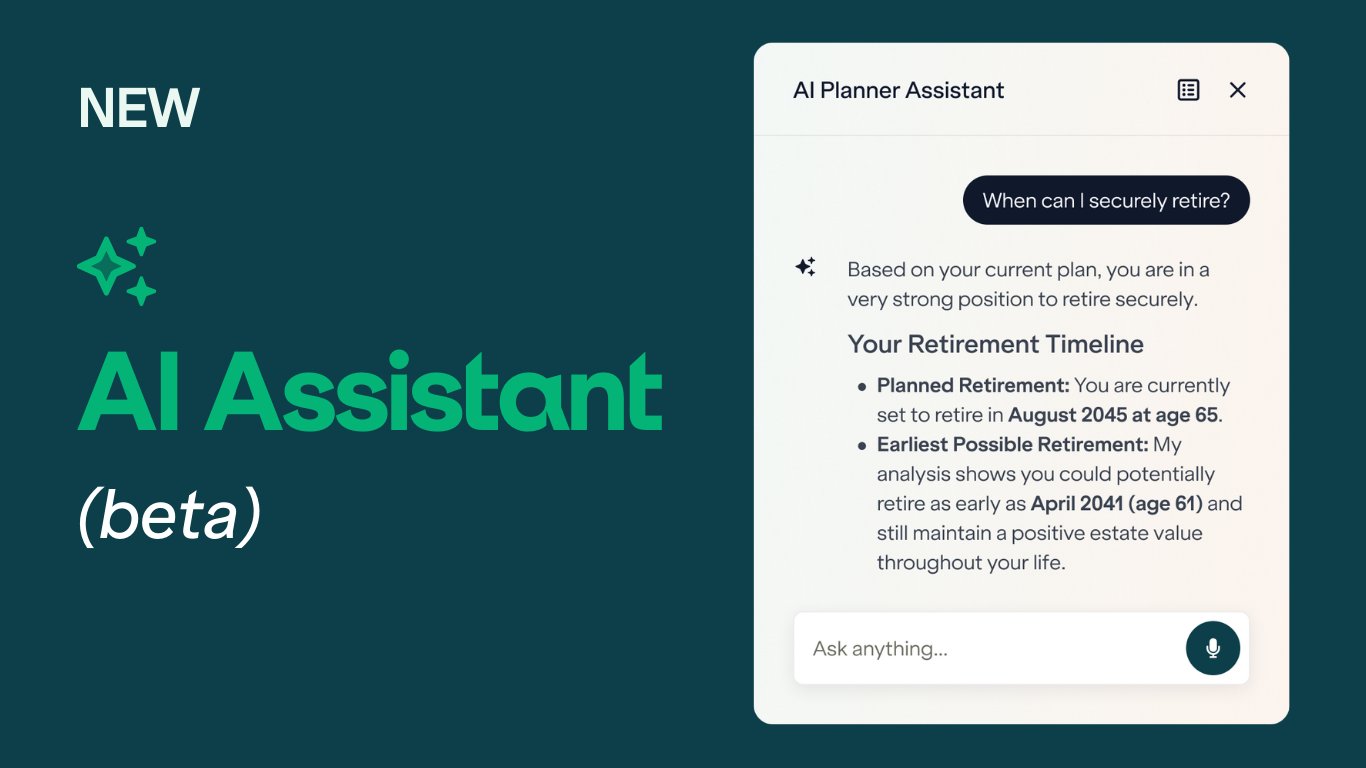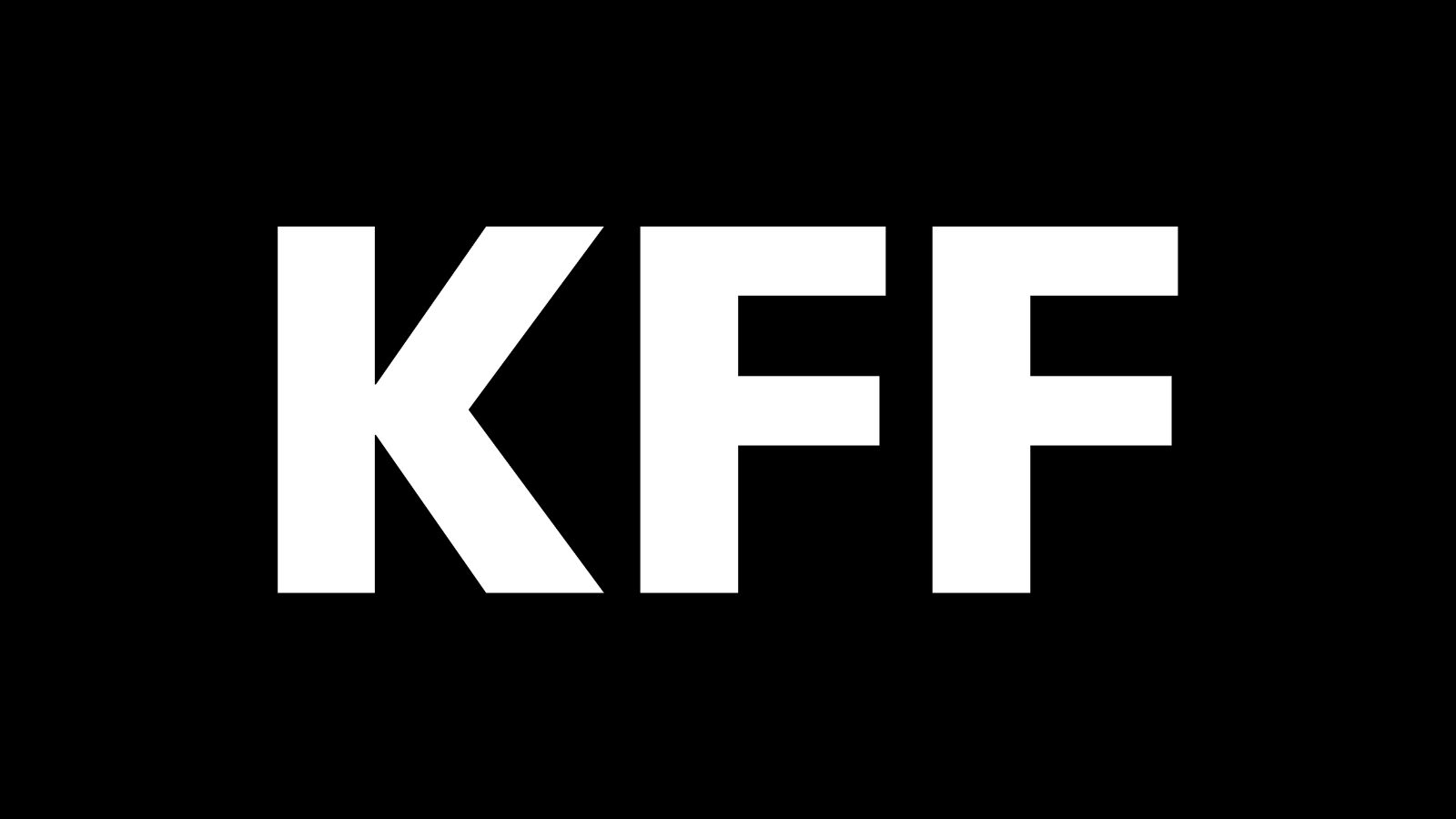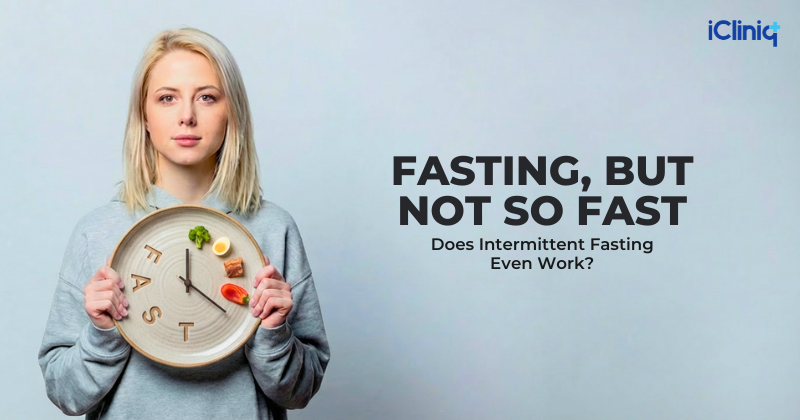As more Americans feel the squeeze on their household budgets, paying for healthcare is a growing concern. A 2024 survey by Pew Research Center found that the number of Americans who rate their personal finances positively has dropped from 50% to 40% over the last three years, with nearly 60% of Americans now saying their financial situation is “fair” or “poor.” A West Health-Gallup poll revealed that 35% of US adults would struggle to afford care, with some cutting back on essentials like utilities or food to pay for medical expenses.
To address and mitigate these financial pressures, healthcare providers must take proactive steps to support patients and avoid a shortfall in collections. Patient payment plans can help patients manage costs without delaying or skipping necessary care. Providers that go the extra mile to improve the patient experience will boost patient attraction and retention rates, reduce collection costs and support the financial health of their patients and their organizations.
The growing importance of healthcare payment plans
Cost concerns often influence patients’ perceptions of their providers. In Experian Health’s State of Patient Access 2024 survey, 54% of patients who thought patient access had deteriorated over the previous twelve months said it was because they were less able to afford care. On the flip side, 32% of those who thought patient access was better said it was because payment plans made care more manageable.
Healthcare payment plans allow patients to spread out the cost of their medical expenses into smaller, more manageable chunks, instead of paying the full amount at once. Previous research by Experian Health and PYMNTS confirms that patients welcome the flexibility, convenience and reassurance that this offers. This is particularly true of patients who would struggle to pay an unexpected bill: up to a fifth of these patients would switch providers based on the payment experience alone.
The clear message for providers is that patients who struggle to pay bills—especially unexpected bills—are more likely to need healthcare payment plans and to seek out a provider that offers them.
How flexible patient payment plans improve satisfaction
By letting patients pay at a pace that works for them and their budget, payment plans reduce stress and create a more supportive and compassionate financial experience. When patients know they have options, they’re more likely to stay on track with payments and feel more satisfied with their overall care.
A major advantage is that these plans can be tailored to each patient’s unique situation.
For example, with PatientSimple®, patients can use a self-service portal to generate pricing estimates and explore suitable payment plans to make a more informed decision about how they’ll pay for care. They can break down bills into smaller and more affordable payments, rather than facing the daunting prospect of a single large bill. Using Experian Health’s unmatched data and advanced analytics, PatientSimple offers a richer understanding of each patient’s propensity to pay, helping providers make better decisions about the optimal financial pathway for each patient.
Patients can access their bills and statements online at any time. This is more convenient for them and frees up staff to give more attention to patients with more complex circumstances.
Key benefits of healthcare payment plans for patients and providers
Improving the patient experience with healthcare payment plans also translates into financial and operational benefits for providers. Helping patients navigate their financial responsibilities more easily — especially through automation and software-based tools — increases cash flow, reduces admin burdens and boosts overall efficiency.
Here are a few examples of how payment plans and other financial tools can benefit patients and providers:
1. Patient Financial Clearance automatically screens patients to determine eligibility for Medicaid or other financial assistance programs. Calculating the optimal payment plan based on the patient’s ability to pay gives patients more affordable options and providers more predictable revenue streams. Increasing access to financial assistance also increases access to care, as patients are more likely to follow care plans, leading to better health outcomes.
Case study: How UCHealth wrote off $26 million in charity care with Patient Financial Clearance
2. Patient Financial Advisor and Patient Estimates give patients a pre-service, personalized breakdown of what their bill is likely to be, using accurate chargemaster data, payer rates and real-time benefits information. This upfront clarity makes it easier for patients to plan for payments, while providers benefit from fewer payment defaults and improved patient trust. And with fewer bills ending up in accounts receivable, providers can reduce the manual effort needed to manage outstanding balances.
3. Helping patients reduce out-of-pocket expenses is another way to achieve a better financial experience, boosting loyalty and retention. Coverage Discovery® finds any forgotten or overlooked commercial and government coverage, so no costs that should be covered elsewhere fall to the patient. The tool scans for potential coverage from pre-service through the entire accounts receivable file, and automates self-pay scrubbing to detect discrepancies that can be quickly corrected. Accounts that were previously destined for collections, charity or bad debt are instead submitted for payment.
Case study: How Luminis Health found $240k in billable coverage each month with Coverage Discovery
4. Finally, removing friction from the payment process will always be a win with patients and providers. Consumers increasingly rely on mobile and contactless payment tools, so it makes sense to offer similar options in healthcare. PaymentSafe® allows providers to collect any payment securely and quickly. Patients can pay anytime and anywhere, while providers benefit from faster, more reliable revenue collection.
Maximizing patient experience with effective healthcare payment plans
Payment plans aren’t just a financial lifeline for patients. They can make or break the whole patient experience. Alex Harwitz, VP of Product, Digital Front Door, at Experian Health, explains the importance of healthcare payment plans and why offering flexible payment options is at the heart of improving the patient experience:
“Our most recent State of Patient Access report confirms that many consumers are concerned about how they’ll handle their healthcare bills. Having a plan to make costs more manageable can immediately alleviate some of that stress. Providers have an opportunity to step up and help them figure out the best financial pathway.”
He says, “At Experian Health, we use data and automated technology to help providers identify patients who need extra assistance and direct them toward appropriate support. Providers that don’t offer payment plans, estimates and other financial solutions will struggle to attract and retain patients who can’t pay upfront and risk more patient accounts being written off as bad debt.”
Paying bills will never be an enjoyable part of the patient journey, but clear and compassionate healthcare payment plans make it easier. With the right technology, providers can simplify and accelerate the collections process, foster patient trust, and most importantly, allow patients to focus on their health instead of their bills.
Prescribe the right financial pathway for your patients with Experian Health’s industry-leading patient collections technology.
Publisher: Source link










